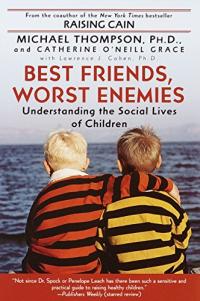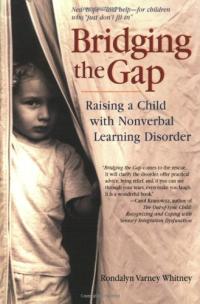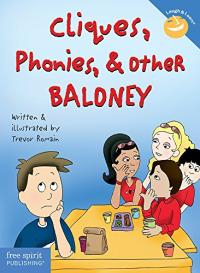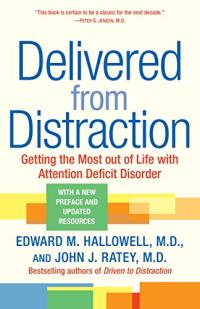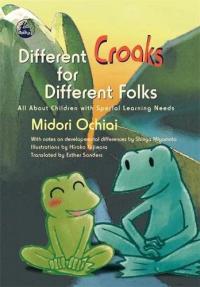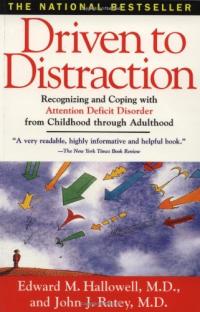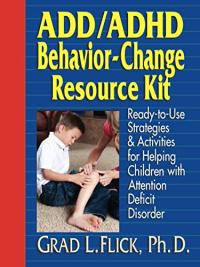
ADD/ADHD Behavior-Change Resource Kit
For teachers, counselors and parents, this comprehensive new resource is filled with up-to-date information and practical strategies to help kids with attention deficits learn to control and change their own behaviors and build the academic, social, and personal skills necessary for success in school and in life. The Kit first explains ADD/ADHD behavior, its biological bases and basic characteristics and describes procedures used for diagnosis and various treatment options. It then details a proven set of training exercises and programs in which teachers, counselors and parents work together to monitor and manage the child’s behavior to achieve the desired results.
